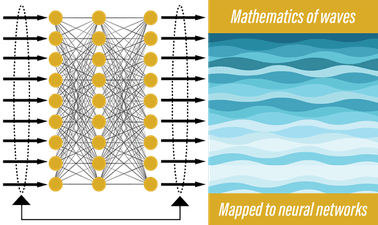StanfordOnline: Quantum Mechanics for Scientists and Engineers 1
This 9 week course aims to teach quantum mechanics to anyone with a reasonable college-level understanding of physical science or engineering. Quantum mechanics was once mostly of interest to physicists, chemists and other basic scientists. Now the concepts and techniques of quantum mechanics are essential in many areas of engineering and science such as materials science, nanotechnology, electronic devices, and photonics.

- Certification
- Certificate of completion
- Duration
- 9 weeks
- Price Value
- $ 159
- Difficulty Level
- Introductory









